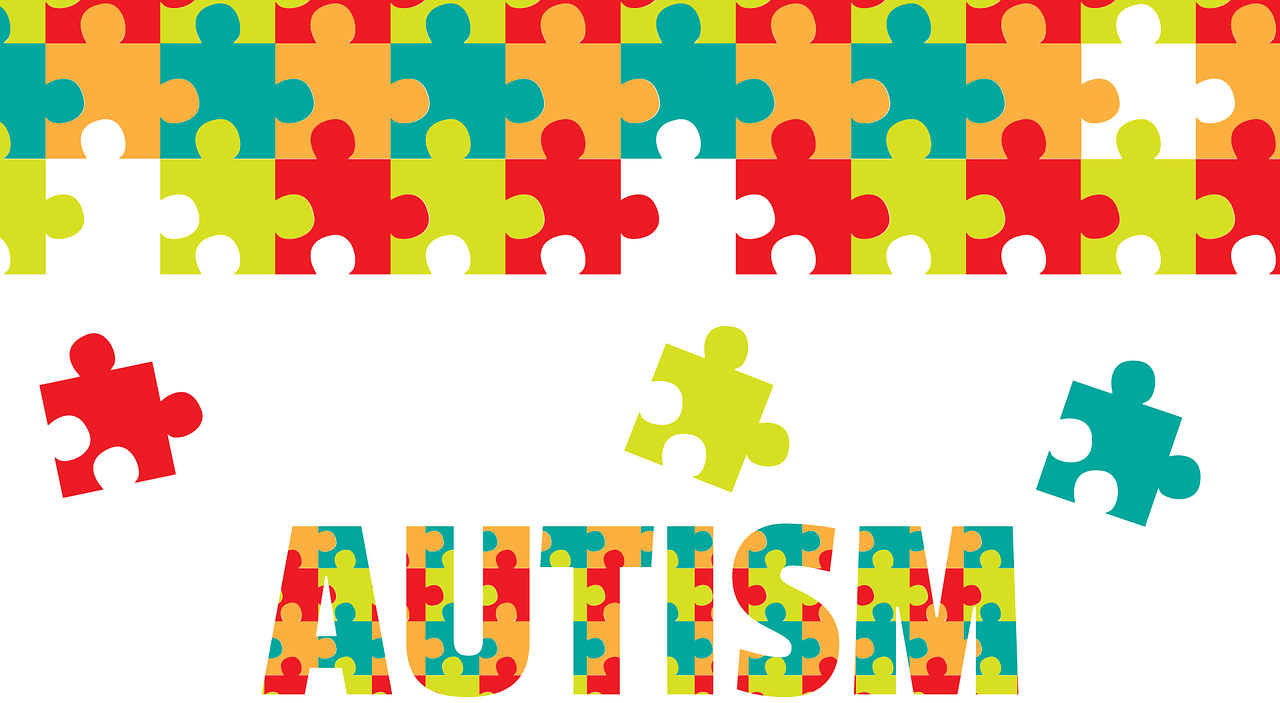Autism Spectrum Disorder (ASD) is a multifaceted neurodevelopmental condition that impacts a substantial number of individuals globally. It poses challenges in areas such as communication, social interaction, and repetitive behaviors.
With its increasing prevalence and impact on individuals and families, researchers have dedicated extensive efforts to unscrambling the factors that contribute to the development of autism.
Several studies and anecdotal reports have raised concerns about the potential link between prenatal Tylenol exposure and an increased risk of autism in offspring. This controversy has sparked intense debate within the scientific community and generated significant interest from concerned parents and individuals affected by autism.
By exploring the available scientific literature, the article will evaluate the strengths and limitations of the studies conducted so far and attempt to separate fact from speculation.
Discovering Tylenol
Tylenol, also known by its generic name acetaminophen, is a widely recognized and extensively used medication for pain relief and fever reduction. It belongs to the class of drugs known as analgesics and antipyretics, commonly employed to alleviate mild to moderate pain and reduce fever.
Introduced to the market in the mid-1950s, Tylenol quickly gained popularity due to its effectiveness and relatively low risk of side effects compared to other pain medications.
The mechanism of action of acetaminophen involves inhibiting the production of prostaglandins, which are responsible for initiating pain and inflammation. By doing so, Tylenol effectively alleviates a range of conditions, including muscle aches, headaches, menstrual cramps, and toothaches.
It is available in various forms, such as tablets, capsules, liquid suspensions, and even combination products, including other active ingredients targeting specific symptoms.
TorHoerman Law states that Tylenol has long been considered a generally safe and effective medication for pregnant women. Nonetheless, in 2015, the U.S. Food and Drug Administration cautioned about the need for careful consideration before using any pain-relieving medication during pregnancy.

Exploring the Autism Spectrum Disorder (ASD)
The term “spectrum” acknowledges the diverse range of symptom severity and presentation, from mild to significant impairment in daily functioning.
Based on the most recent data provided by the Centers for Disease Control and Prevention (CDC), the estimated prevalence of Autism Spectrum Disorder (ASD) is approximately 1 in 36 children in the United States. The CDC further notes that ASD can affect individuals across all racial, ethnic, and socioeconomic backgrounds, although it tends to be more frequently diagnosed in boys than girls.
It represents a significant increase compared to previous decades and highlights the growing impact of this condition on individuals, families, and communities.
While the precise causes of autism remain largely unknown, researchers speculate that its development involves a complex interplay of genetic and environmental factors. Genetic studies have identified multiple genes linked to ASD, and ongoing research endeavors to unravel the intricate relationship between these genetic variations and environmental influences.
The Controversial Link: Tylenol and Autism
Concerns have been raised regarding whether prenatal exposure to Tylenol could potentially increase the likelihood of a child developing autism spectrum disorder (ASD). This controversial link has sparked debates among scientists, healthcare professionals, and concerned individuals.
Several studies have explored the association between Tylenol use during pregnancy and the risk of autism, yielding mixed results and generating ongoing discussion within the scientific community. While some studies have reported a potential correlation between maternal Tylenol use and increased autism risk in offspring, others have found no significant association.
It is important to note that observational studies examining Tylenol’s link to autism face inherent limitations, such as recall bias and confounding factors. That makes it challenging to establish a causal relationship definitively.
Current Research Findings
It is important to note that the available research findings on this topic are still evolving, and no consensus has been reached thus far. However, examining the current state of research provides valuable insights into the ongoing investigation of this controversial association.
One study published by the National Institutes of Health found a modest association between maternal acetaminophen use during pregnancy and the risk of ASD. The longer duration of use, higher dosage, and more frequent intake showed a heightened correlation. Nevertheless, the study did not prove a cause-and-effect relationship and only observed a connection between Tylenol and autism.
Contrastingly, according to Factcheck.org, a spokesperson from the FDA stated that the current evidence on the link between Tylenol and ASD is inadequate. Therefore, FDA cannot offer any recommendations based on these studies.
These divergent findings highlight the complexity of the issue and the challenges associated with establishing a definitive link between Tylenol use and ASD.
Potential Mechanisms and Hypotheses
One hypothesis suggests that Tylenol may disrupt oxidative stress pathways crucial in maintaining cellular balance. Disruption of these pathways during critical periods of fetal brain development could potentially contribute to the development of autism.
Another hypothesis revolves around the influence of Tylenol on hormonal systems. It is suggested that Tylenol’s effects on hormones, such as altering levels of serotonin or testosterone, could impact brain development and potentially increase the risk of ASD.
As per information from Drugwatch, in addition to potential neurodevelopmental concerns, Tylenol may have other adverse effects on pregnant women and their infants.
Acetaminophen is metabolized in the liver, and excessive doses or prolonged usage of Tylenol can lead to liver damage. Pregnant women with existing liver conditions or those taking medications that impact liver function should exercise caution when considering Tylenol.
Researchers have explored the possibility of Tylenol interfering with various neurodevelopmental processes, including synaptic connectivity, inflammation, and modulation of immune systems. They are all essential for normal brain development. However, it is important to note that these hypotheses are still speculative, and more research is needed to validate or refute them.
Expert Opinions and Perspectives
Many experts acknowledge the complexity of autism spectrum disorder (ASD) and the multitude of factors that contribute to its development. They emphasize that autism is a multifaceted condition influenced by a combination of genetic, environmental, and epigenetic factors.
These experts caution against oversimplifying the issue by attributing autism risk solely to Tylenol use during pregnancy.
Some experts express concerns about the potential unintended consequences of publicizing a controversial link between Tylenol and autism before conclusive evidence is established. They emphasize the importance of evidence-based decision-making in healthcare, advocating for a balanced approach that weighs potential risks against the established benefits of Tylenol when used appropriately.
On the other hand, experts who support further investigation into the Tylenol-autism link emphasize the need for preventive measures until more definitive evidence is available. Due to the potential impact of autism, experts suggest considering alternative pain management options during pregnancy, particularly with multiple exposures or risk factors.
To Wrap It Up
The potential connection between Tylenol use during pregnancy and autism has attracted significant attention from researchers, healthcare professionals, and the public. However, after examining the current research findings, it is clear that a definitive conclusion regarding this association has yet to be reached.
The existing studies exploring the Tylenol-autism link have yielded conflicting results, with some suggesting a potential association while others finding no significant relationship. It is important to approach this topic with caution, recognizing the limitations of observational studies and the complexity of autism as a multifactorial disorder.
 Infographic Portal New Infographics Resource Portal
Infographic Portal New Infographics Resource Portal
